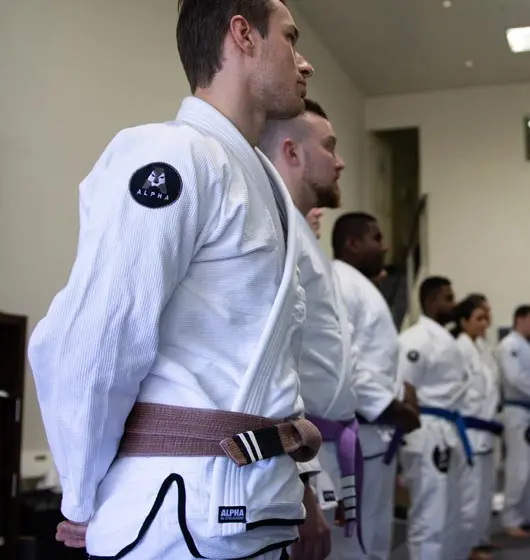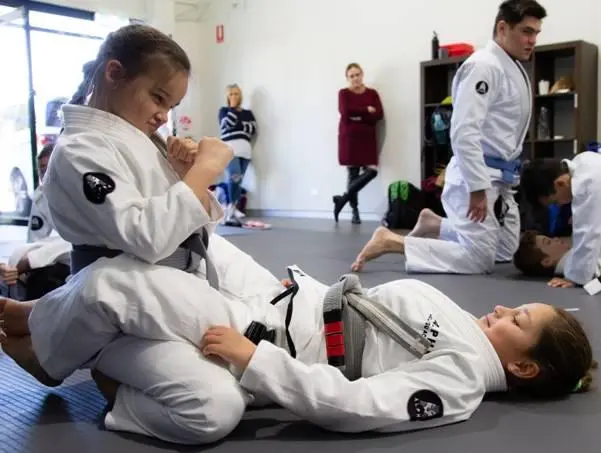From a mum with four kids, a background in social work, and over 17 years running a martial arts academy—here’s what I’ve learned about bullying.
First and Foremost: Stay Proactive
When Schools Stay Silent, We Speak Louder.
I’m sharing this not as a professional, but as a parent who’s been there. Too many schools don’t act quickly—or seriously enough—when bullying happens. That’s why we, as parents, need to be strong, informed, and ready to advocate for our children.
1. Speak to Someone in Authority
If your child is being bullied, don’t wait. Contact the school immediately and ask to speak to someone in leadership—usually a principal or vice principal. Whether it’s in person or over the phone, make sure your concerns are being heard at the right level.
Most schools will say, “We’re handling it.” Don’t just accept that. Insist on being part of the process.
2. Always Document Everything
After every conversation, follow up with an email summarising what was said and what was agreed upon. This creates a paper trail—and it keeps everyone accountable.
I highly recommend handling as much communication as possible via email. It’s recorded, it’s professional, and it protects you and your child if things escalate.
3. Know Your Child’s Rights
Bullying isn’t just a school issue—it can also be a legal one.
Ask for the school’s anti-bullying policy in writing. Read it. Learn it. Familiarise yourself with your school board’s procedures. If the school isn’t responding appropriately, you have every right to escalate it.
You can:
Contact the school board or district office.
Request a meeting with the superintendent.
Speak to a lawyer or child advocate if necessary.
Visit online resources that support families facing bullying.
Speak to the police if the situation is serious.
4. Keep Communication Open With Your Child
While you’re dealing with the system, don’t forget who this is really about—your child. Check in with them regularly. Reassure them that they are safe, they are heard, and this is not their fault.
Let them know: they are not alone—and you’re standing right beside them.
5. Use Online Forums as Leverage
Public forums can put pressure on schools to act. They might not always be emotionally helpful, but they do get attention.
Ask if your school has a cyberbullying response team for online incidents. And if all else fails—go to the media.
True story: my daughter was once refused communion by a priest because she wanted to wear pants. When they thought the media might get involved, they quickly reversed their decision.
Sometimes, the spotlight works.
6. Therapy Is Support—Not a Punishment
If you’re considering therapy for your child, know that it’s a sign of strength—not weakness. And make sure your child knows that too.
They’re not the problem. Therapy is a safe space to talk, process, and heal. A place where they can rebuild confidence and feel supported.
Let them know:
Asking for help is brave.
Talking is strength.
None of this is their fault.
Honestly, the bully could benefit from therapy more than anyone.
7. Be Clear About What You Expect
When I talk to the school, I make my expectations crystal clear. So should you.
Here’s what I ask for:
Mediation – A safe, structured meeting (with staff present) to address the issue directly, if appropriate. Both sides should feel heard, but your child’s safety comes first.
A Real Solution – I don’t want vague promises. I ask: What are you actually going to do to stop this from happening again?
Quick Results – I don’t accept, “We’ll monitor the situation.” I want immediate action and a clear timeline. The longer it goes on, the more harm is done.
8. Don’t Let the School “Handle It” Alone
One of the biggest mistakes parents are encouraged to make is stepping back and trusting the school to “handle it internally.” Don’t do it.
You have every right to be involved—and you absolutely should be.
When schools deal with things privately, there’s often:
No real accountability
No follow-up
No documentation
No meaningful change
Stay involved. Ask questions. Follow up. Document everything.
Your child’s safety and well-being are too important to leave in someone else’s hands without oversight.
9. Take Care of Yourself Too
This journey can be emotionally exhausting. It’s easy to put yourself last when you're focused on protecting your child—but you can’t pour from an empty cup.
Reach out. Lean on other parents. Speak to a counsellor. Join a support group. You need people in your corner too.
You’re not alone—and you don’t have to do this alone.
From one parent to another: Keep showing up. Keep speaking out. And never let anyone silence your child’s truth.
You’ve got this.


